From the very beginning music and film have always been intertwined. Silent “nickelodeons” (as they were called) were shown in dark theaters with an accompanying piano. Movie scenes become iconic because of their music. Pop stars are made because their songs are included on a soundtrack. The new James Bond song is as big an announcement as the trailer. Whether your film is an edge of the seat thriller, a coming-of-age story or a full on musical, understanding the nature of how music can elevate your story and how to license music is key in the filmmaking process.
There is a kind of intimacy when singing harmony with another person that you don’t get anywhere else. You can go into a kind of trance together – a sort of meditation or a haze with nothing but vibration between you – and then when it’s over, you open your eyes and the world comes rushing back. Sometimes it makes you laugh and have this feeling of sharing something you can’t really explain with words. I think this is common for singers – at least it was for me – and I wanted to see if there was a way for us to capture that feeling in story and music. – Joe Crump, Director of The Storyteller
What would The Wizard of Oz be like without Judy Garland’s “Somewhere Over the Rainbow?” Can you imagine Star Wars or Indiana Jones without John Williams’s heart-lifting score? Music adds personality and communicates emotions that the characters are feeling in ways words cannot. It can also transcend the story and connect the audience to your theme in such a way that every time they hear your film’s music, they feel the emotions from that moment in your film.
Does this classic music movie moment make you want to dance?
The music is integral to the story. In fact, much of the story is told visually while the music plays. Our goal was not to make a musical, but to use music as a part of these characters personality and lives. You can’t separate the music from this film without having a radically different, and I think, less interesting film. – Director Joe Crump on the music of The Storyteller
So now that we understand the power of music in film, let’s discuss where and how you can acquire your film’s soundtrack.
There are two main sources for acquiring music: Music Libraries, similar to the Stock Footage Libraries discussed in our previous article and/or composing an original soundtrack.
When working from a music library, the Editor/Assistant Editor, Filmmaker and or the Music Supervisor will search for a particular type of music, download a sample the Editor can then place in your edit. If you decide you’d like to license that piece of music, you would report the name of the track, the duration for which you’re using it, it’s composer and copyright information to the Music Library in order to complete the license. All of this information would be complied on a Music Cue Sheet.
There are benefits to licensing music from a library. You can often negotiate a deal; depending on how many songs (or total duration) is going to be licensed. This type of music licensing is particularly helpful when the budget is low. The negative is that you are searching for something to fit your project after it has been shot, rather than commissioning music that can grow and adapt with your project.
The other option when it comes to music is to commission its creation in tandem with the filmmaking process. This means that the music will be designed specifically for your film and you can/will work with the composer to create a unique song or instrumental piece that merges into your unique film. This is the process that The Storyteller is involved with now.
We kept writing lyrics and snippets of lyrics – never quite finding exactly what we wanted, but skirting around it all. Our hope is that the material we wrote will work as a guide and make it easier for a composer to capture what we were trying to do. – Director Joe Crump on The Storyteller’s song search.
So now that you’ve found the music you want in your film, let’s go over how to license it. Believe it or not, when you’re acquiring music/songs, it’s not a one-stop shop. There are two key definitions to know: score music licensing and sync licensing.
Score Music Licensing basically is the actions of acquiring the appropriate licenses and copyrights for the music that you want to be in your film – your score. Whether this music is from a library, a pop hit or specially composed for your film, you still need to legally acquire your score.
The search for music, shaping of your score and acquiring the licenses is typically done by a Music Supervisor. It’s their job to bring together the musical tone of your film, but also to make sure the legal paperwork is in order, so you can safely use the music the way you want to. Though it can be a very technical job, their work starts in the creative. They sit and talk with the filmmaker about how music will play into the overall emotion of the piece. They also look over the script and determine how much music the film is going to need. Both of these things give the Music Supervisor an idea of what kind of music or composer they should be looking for, as well as what kind of budget is needed. Once a song or piece of music has been selected, the next step is obtaining the sync license.
Sync licensing refers to a music synchronization license. This is a license that “allows the holder to ‘sync’ music to some kind of media output.” Basically, it enables you to add the music to your film. It also means that you can re-record that song for your film, i.e: you can create a special version of that song for your film and then edit it into said film. It’s important to note that this license covers a specific period of time and how the song can be used. This license is a one-time fee – meaning that you do not have to re-acquire the license every time the film is viewed.
So you have your song, you know you need a sync license, but who do you go to get it? That would typically be the music publisher. They are the ones that you (and your Music Supervisor) will negotiate the fee with. Keep in mind that in some cases you may want to license a song or a piece of music that is not represented by a publisher. In that case you would have to negotiate directly with the composer or in some cases a record label.
Question, Heather: I want to license the original recording of a Beatles song, do I only need a sync license? The answer is (sadly) no. If you want to use a specific version of a song, then you also need to acquire a master recording license from the owner of the master (this could be either the artist or the record label.).
Learn from the people that do the job. Check out this very informative Q&A with actual Music Supervisors.
A key part of the Music Supervisor’s job when licensing the music is dealing with the copyright. A music copyright is divided into two parts: the publisher’s share and the composer’s share.
Think of the composer’s share like this: When a composer or song writer composes a piece of music, like the writer of a film, they are the author of that music. This means that, even though the company that publishes the music may change over time, that composer will always own part of the music.
The publisher’s share is the part of the song that can be licensed. When a publishing company obtains the song/music from the composer, they are also obtaining the copyright for the song. This copyright is the publisher’s share. When the music is licensed, you are obtaining it through the publisher’s share but the composer will also get paid because he/she always owns a share of the music.
It’s important to note that no writer or film needs to limit itself to ONE type of music. If your character suddenly bursts into an original song, commissioning music is the best option. Then, if later in the story there’s a high-speed chase, a thrilling compassion might be appropriate. If the story ends with every character dancing to “In Your Eyes,” licensing is the way to go. Your film’s music is only limited by your story, which is only limited by your imagination. As such, it’s important to look at ALL types of music licensing!
In addition to our song search, we are looking at all of these [commissioning and licensing music] things and talking to everyone we know. It is our hope to find the right person or people for the job soon since it’s such a vital part of this story and it all has to be in place before we start shooting. – Director Joe Crump on bringing all the music together in The Storyteller
Join us next time in The Storyteller series when we explore Financing – Making A Film With Your Own Money Or With Financial Backing? Pitfalls, what to do and what not to do! Until then… here’s the trailer to an Oscar winning movie about one of the greatest composers ever!

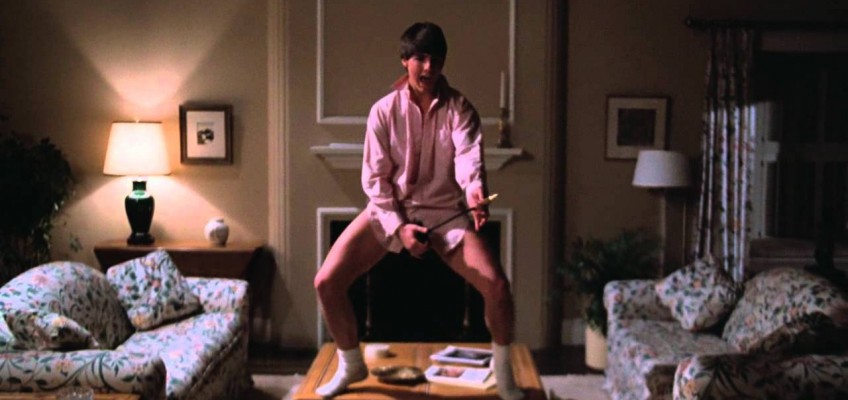

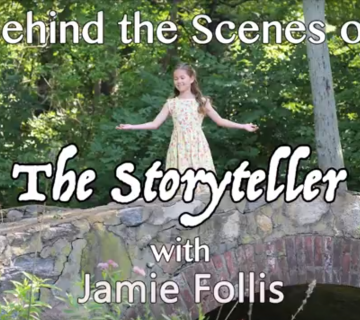
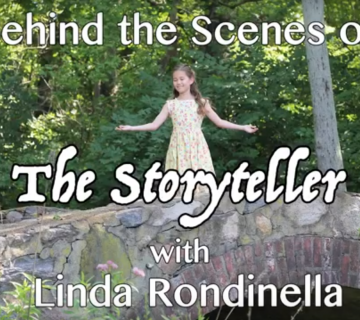
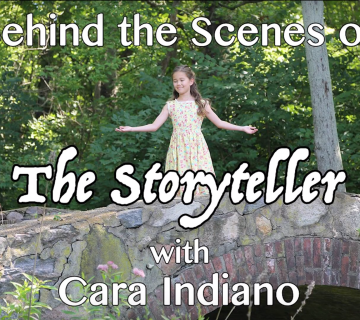
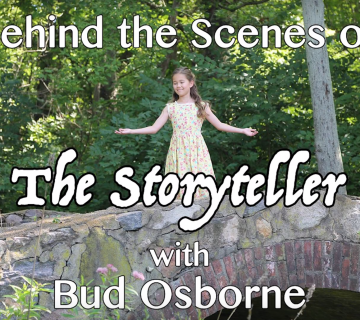
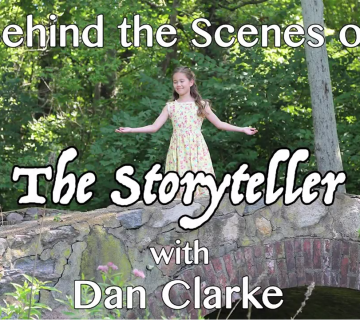
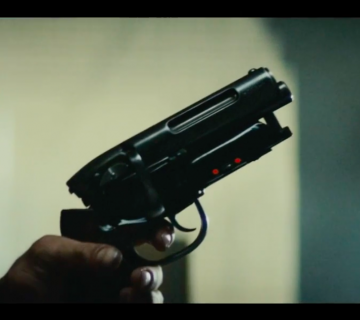

Join the Conversation →